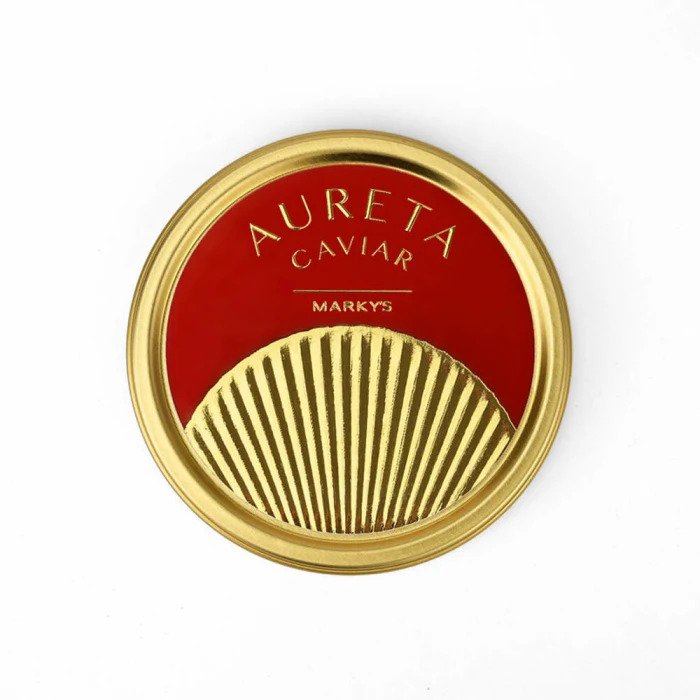A Powerhouse of Nutrition - Top 15 Benefits of mushrooms
Category : Food Stories, Party Ideas, Recipes, Press Room |
Posted : Jul 27, 2022
Mushrooms are a type of fungi that is classified as its own separate kingdom in the taxonomic rank. They are distinct from plants, animals, and other forms of fungi, such as yeasts. Mushrooms are typically found in damp, dark environments and often grow in the soil. Some mushrooms can also be found growing on trees.

Mushrooms contain many nutrients and health benefits. They are low in calories and fat, high in fiber and protein, and contain several vitamins and minerals. Additionally, mushrooms are a good source of antioxidants and have anti-inflammatory properties.
Some of the health benefits associated with mushrooms include:
1. Boosts the Immune System
Mushrooms are a great source of beta-glucans, compounds that can help to boost the immune system. Beta-glucans are found in the cell walls of mushrooms and other fungi. They stimulate the immune system by activating white blood cells.
2. Improves Heart Health
Mushrooms are low in calories and fat but high in fiber. They are rich in antioxidants aids in reducing inflammation. These properties make mushrooms a heart-healthy food.
In one study, eating mushrooms was found to decrease “bad” LDL cholesterol and triglycerides while increasing “good” HDL cholesterol. This effect was seen even in people who did not have high cholesterol levels to begin with.
Another study looked at the effects of a mushroom extract supplement on blood pressure. The supplement was found to decrease systolic blood pressure by an average of 3.6 mmHg and diastolic blood pressure by an average of 2.4 mmHg. These changes are significant, as they could potentially reduce the risk of stroke and heart disease.
3. Helps Regulate Blood Sugar Levels
Mushrooms contain compounds that can help to regulate blood sugar levels. In one study, participants who ate mushrooms had lower blood sugar levels after eating a high-carbohydrate meal than those who didn’t eat mushrooms.
Mushrooms may also improve insulin sensitivity, which is the body’s ability to use blood sugar efficiently. In a study of people with type 2 diabetes, those who ate a diet including mushrooms had better insulin sensitivity than those who didn’t eat mushrooms.
4. May Help Protect Against Certain Types of Cancer
Mushrooms contain compounds that may help to protect against cancer. Studies have shown that mushrooms can inhibit the growth of tumors. Additionally, mushrooms may help to boost the immune system, making it easier for the body to fight off cancer cells.
5. Provides Vitamins and Minerals
Mushrooms are a good source of several vitamins and minerals, including vitamin D, potassium, and selenium. They also contain antioxidants that may help protect the body against cell damage. Vitamin D is essential for bone health and it helps the body absorb calcium. Potassium helps to lower blood pressure and selenium is a mineral that plays a role in the immune system.
6. Low in Calories
Mushrooms are a low-calorie food that is also low in fat and carbohydrates. One cup of mushrooms contains only 22 calories. This makes them a great addition to any weight loss or weight maintenance diet.
7. May Help Lower Cholesterol
Mushrooms are a good source of fiber, which has been shown to help lower cholesterol levels. Fiber works by binding to cholesterol molecules and preventing them from being absorbed into the bloodstream. A diet rich in fiber has been linked with a lower risk of heart disease.
Mushrooms also contain compounds that may help lower cholesterol levels. One study found that a compound called ergothioneine, which is found in mushrooms, helped lower cholesterol levels in rats.
9. They are sodium-free
Mushrooms are sodium-free, making them a good choice for people who are trying to reduce their sodium intake.
10. An excellent source of antioxidants
Mushrooms are an excellent source of antioxidants, which can help to protect cells from damage and prevent chronic diseases.
11. A good source of fiber
Mushrooms are a good source of fiber, which is important for gut health and digestion.
12. A good source of protein
Mushrooms are a good source of protein, making them a valuable addition to vegetarian and vegan diets. One cup of cooked mushrooms provides around 3 grams of protein.
Protein is essential for cell growth and repair, and it helps to build and maintain muscle mass. It can also be used as an energy source.
13. Low in carbohydrates
Mushrooms are low in carbohydrates, making them a good choice for people with diabetes or on low-carb diets.
14. They are versatile and easy to add to your diet
Mushrooms are easy to add to your diet. They can be cooked, dried, or canned. Soups, stews, stir-fries, and a variety of other dishes, you name them, mushrooms can be added to all of them, which makes them really versatile. They can also be eaten raw which is appealing to some to add in their salads or sandwiches.
15. Have a long shelf life
Mushrooms have a long shelf life. They stay fresh in the fridge for up to a week. However, in the case of dried mushrooms, they can last for up to 6 months. And canned mushrooms can be stored for up to two years.
All these benefits make mushrooms a really healthy addition to your diet. Their versatility and long shelf life make them a must-have in any kitchen. Head over to our Mushroom collection and add that much-needed versatility and nutrition to your diet.













